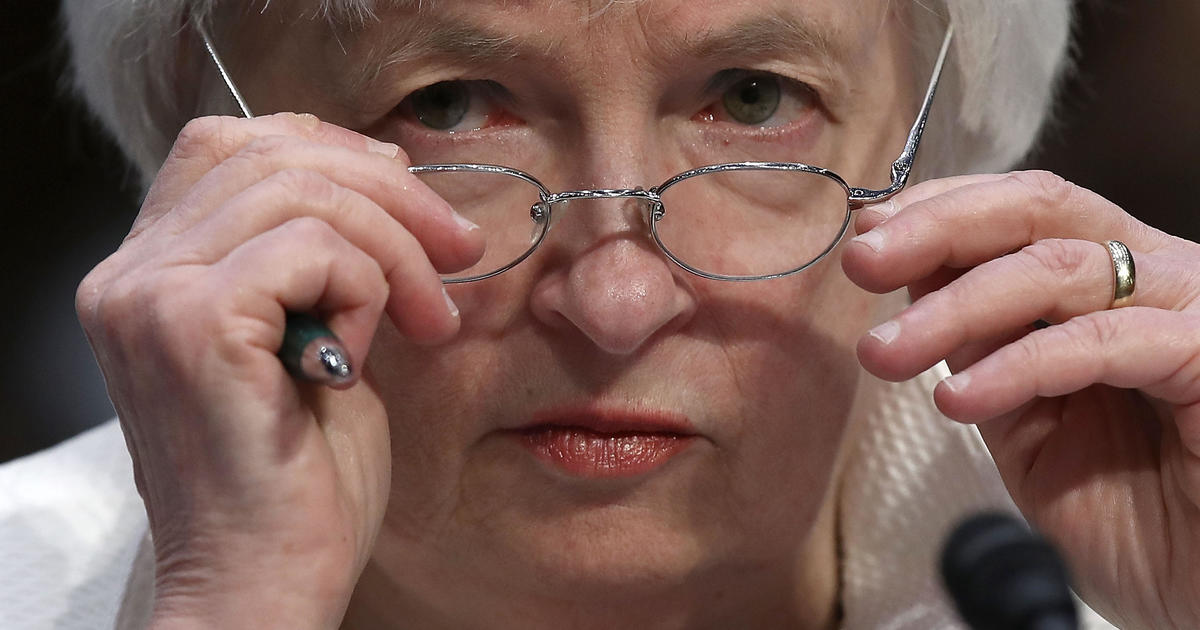 U. S. equities moved to new records on Tuesday, thanks to an aggressive $1 trillion infrastructure spending plan proposed not by President Donald Trump but by congressional Democrats looking to retake the initiative.
U. S. equities moved to new records on Tuesday, thanks to an aggressive $1 trillion infrastructure spending plan proposed not by President Donald Trump but by congressional Democrats looking to retake the initiative.
Despite the day’s gains, which saw the S&P 500 and Nasdaq indexes hit new highs, stocks remain rangebound within the tight confines of a multimonth trading range. In fact, last month featured the narrowest trading range for the Dow Jones Industrials since 1900, capping the quietest four-year period ever for the stock market.
Of course, what’s enabling all this crushing of volatility has been the historic experiment with ultra-cheap monetary policy from the Federal Reserve — a policy that’s set to change this year. The Fed, which has raised rates only twice this cycle, has penciled in three more quarter-point hikes this year.
Moreover, Fed Chair Janet Yellen has recently changed her tune: Before the election (during which Trump accused her of holding rates down to boost stock prices for Obama) she publicly stated it could be advantageous to let the economy “run hot” for a time , but suddenly a few months later, she now thinks that’s a bad idea .
Wall Street will be reminded of Yellen’s suddenly hawkish stance when the Fed holds its next policy meeting at the end of the month.
All this raises some questions. Why has Yellen changed her view? Is this merely political payback against Mr. Trump’s claims of Fed bias?
To be sure, the timing looks horrible and plays into Mr. Trump’s characterization. But on the other hand, the economic outlook has shifted massively in just a few months: Suddenly, a fiscal stimulus surge — including a $1 trillion infrastructure plan as well as tax cuts, deregulation and increased military spending — looks increasingly likely.
This is something the Fed has long been clamoring for, urging that monetary and fiscal stimulus share the burden of healing the post-recession wounds. After the 2011 budget showdown between congressional Republicans and President Obama, the fiscal policy stance moved to mildly contractionary and stayed there.
But now, both President Trump and congressional Democrats seem intent on stimulative fiscal policies. This gives the Fed room to normalize interest rates in the hopes of preventing financial instability (a side effect of aggressive monetary policy).
Moreover, if Mr. Trump attacks Yellen for her suddenly hawkish stance, she could riposte by noting he was against low interest rates and suggested savers and the economy would be better served by higher rates. So why, then, is he suddenly against higher rates now?
Like so many politically charged issues, the nuances are easily lost. Deutsche Bank analysts note wide disagreement among economists about just how much growth capacity is left in the economy. This concept, known as the “output gap,” determines whether stimulative efforts of the type Mr. Trump envisions result in economic growth and higher living standards — or merely undesirable inflation.
To Yellen’s credit, inflation has soared over the last two months — largely due to the OPEC oil production freeze that spiked energy prices. That has helped push the year-over-year change in the CPI above the Fed’s 2 percent target (chart above). Housing cost inflation is also rising fast. And the job market continues to tighten, setting the stage for a bout of wage inflation.
Yet for President Trump, the optics of a Fed-fueled sell-off in the stock market (should one materialize) will be hard to ignore. Inflation isn’t widely seen as a threat to the economy. And Mr. Trump has been proud of his historic post-election stock market rally.
Starting with next week’s Fed policy statement, watch for Wall Street to pay increased attention to Yellen-Trump tensions. Because with the Democrats apparently playing along, Fed rate hikes represent the single greatest threat to the GDP growth Trump needs to pay for his fiscal largesse without blowing out the national debt.






